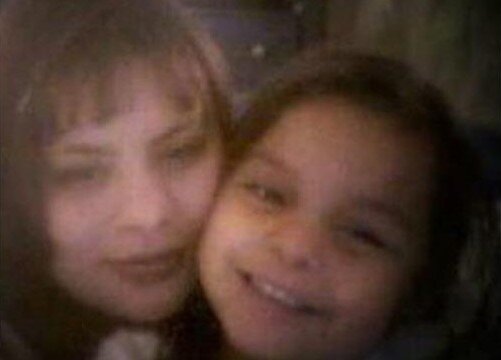Despite the challenges of dyslexia, a Denver woman is determined to start a career in journalism

DENVER — 25-year-old Mabel Gonzalez has a way with words, which might be surprising to some considering she has a learning disability. “I’m actually dyslexic and I relate to feeling like you’re being pushed aside, so I want to be an advocate.”
Gonzalez is a journalism major at Metro State University in Denver and will graduate in December of 2022.
“Being dyslexic and having a different outlook in life, [and the] the challenges I had as a child, I can relate more to people and share their stories. And that gives me some strength,” she added.
For decades, Gonzalez was given the message by some teachers that she was lazy, which used to be a common myth about dyslexia, a learning disability that affects around 15% of the world’s population, including about 30 million adults in the United States.
Symptoms can include but aren’t limited to: difficulty reading, problems forming words correctly (such as reversing sounds in words or confusing words that sound alike), and problems with being able to name letters, numbers, and colors. According to the Colorado Department of Education, it’s the most commonly diagnosed learning disability.

Gonzalez told Rocky Mountain PBS how confusing it was to figure out what the issue was when she was a child.
“I was in elementary school, and I was struggling with reading and writing, and teachers kept telling my mom ‘she’ll grow out of it, she’ll grow out of it.’ But it never changed,” she said, adding that even after several months of testing, it was extremely difficult getting a diagnosis. “No one really said anything until my mom told my pediatrician that I was still struggling. So, I had to visit a specialist for learning disabilities, and I was tested there and told that I have dyslexia.”
Gonzalez explained how she’s interning with an online journal based in Denver while finishing up college at Metro State. “They’ve been helping me tell the stories that I want to talk about with different people from different cultures and minority groups,” she added, saying that the experience continues to help her grow. “Journalism has given me more confidence in my reading and writing. I also read news outlets daily now.”
Gonzalez feels that the extra work she must put into being a student journalist is worth the effort. “Sometimes it takes me longer to write stories or even speak, but I don’t feel like dyslexia is holding me back. It actually gives me the power to tell people’s stories.”
Her advice to others going through a similar experience is that the disability doesn’t have to be the endgame. “Don’t let your disability stop you. Do what you want, go be a NASA astronaut, go be a doctor.”
Dana Knowles is a multimedia journalist at Rocky Mountain PBS. You can reach her at danaknowles@rmpbs.org.
Lindsey Ford is a multimedia journalist at Rocky Mountain PBS. You can reach her at lindseyford@rmpbs.org.
